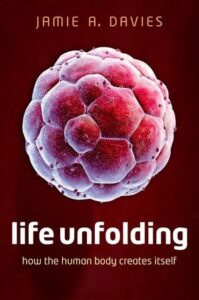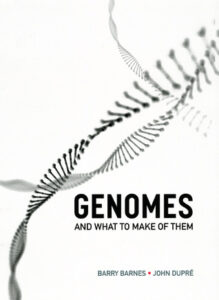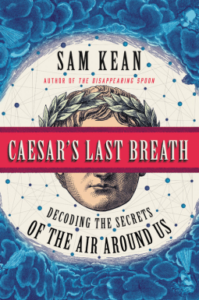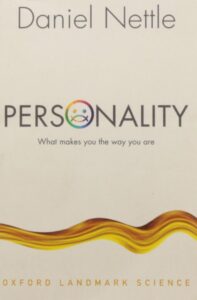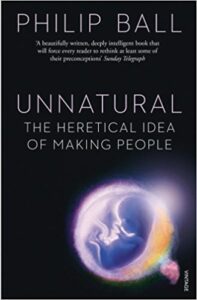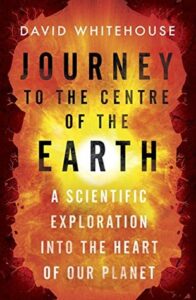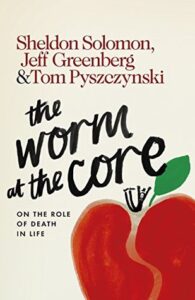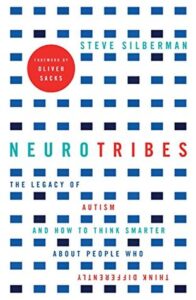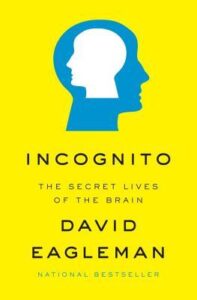 Incognito, David Eagleman
Incognito, David Eagleman
This book is mostly a very readable account of some of the standard weird things your brain does, but it does contain a very valuable discussion of a serious nature, too. David Eagleman shows through examples how often our behaviour is ruled by factors we don’t control — things in our brain that we may not even know about, but which nonetheless change us. And of course that poses a big question when it comes to criminal behaviour: can we be blamed for “choosing” to do something when we only “choose” to do so because we have a brain tumour?
He gives a decent amount of space to a discussion of how the criminal justice system should work given that we know this, and while other reviewers think that what he suggests impinges on civil liberties, I’m not so sure. By my reading, he’s suggested that people can either just sit in prison for as long as necessary, to remove them from society, or they can voluntarily choose to undergo therapies to help them change their behaviour. If that doesn’t work, then they may have to remain incarcerated because otherwise they would reoffend. As long as it is a choice, I don’t see why such an intervention would be inethical — at least no more inethical than letting someone rot in prison for the rest of their life. There are some people for whom that’d be worse than death, after all.
At any rate, this book might make you feel a little bit uncomfortable as regards how much free will you have and what your brain is doing behind your back. Still worth a read! I’d probably rate it higher if it had more info that’s new to me.

